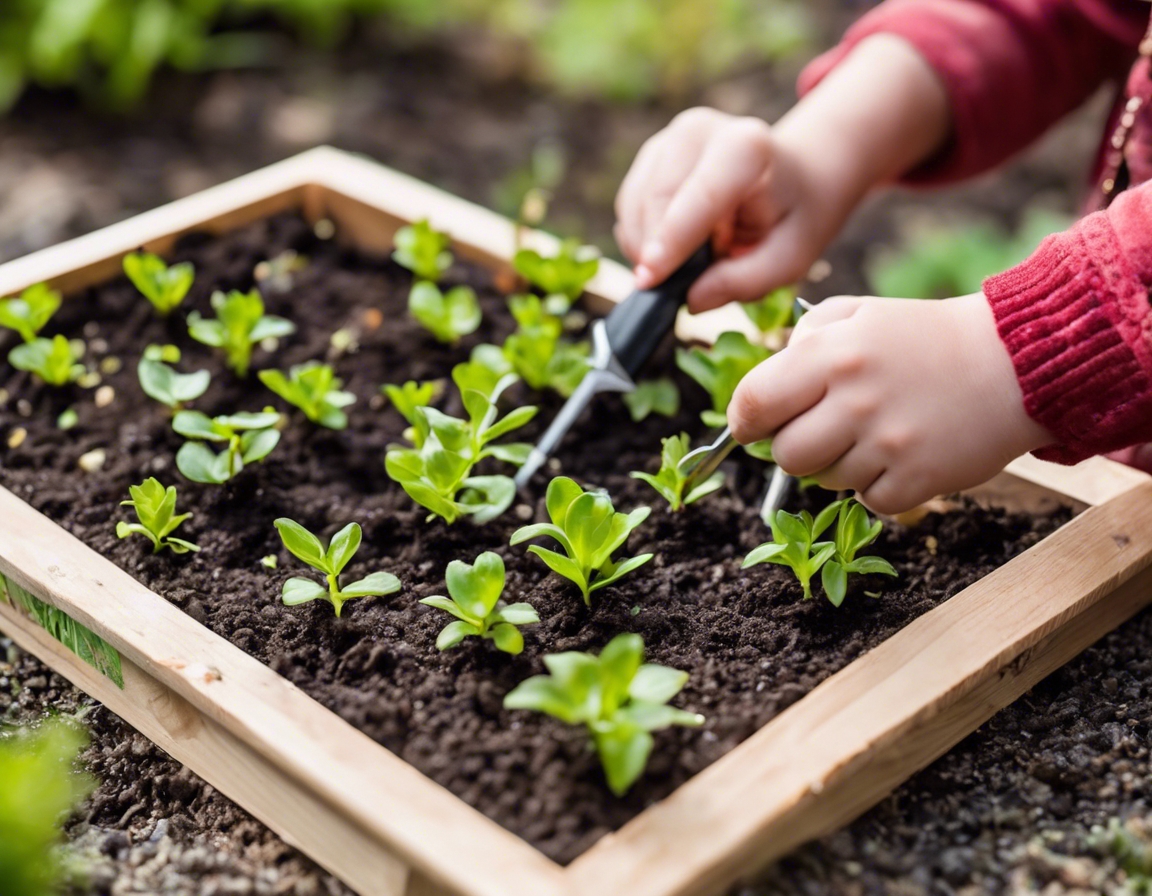5 reasons outdoor play is essential for kids
Outdoor play is not just a way to pass the time; it's a crucial aspect of a child's development. For families in Rae vald who prioritize community engagement and alternative educational methods, understanding the benefits of outdoor play is essential. Let's explore the reasons why outdoor play is indispensable for children, especially those aged 6-12.
1. Physical Health Benefits
Regular outdoor play ensures children engage in physical activity, which is fundamental for their fitness and health. Climbing, running, and jumping during play are fun ways to exercise and prevent childhood obesity.
Outdoor activities help in the development of both fine and gross motor skills. Through play, children learn coordination, balance, and control, which are vital for their overall growth.
Being outdoors gives kids the chance to soak up natural vitamin D from sunlight, which is crucial for bone health and immune system function. Fresh air, away from indoor pollutants, also benefits their respiratory health.
2. Cognitive and Educational Advantages
Outdoor environments are rich in stimuli that enhance learning. Nature provides an open-ended classroom where children can engage in experiential learning, often aligning with Montessori principles.
Unstructured play in natural settings allows children's creativity and imagination to flourish. They invent games, solve problems, and become storytellers in their playful adventures.
Interacting with the natural world helps children develop an appreciation for the environment and a curiosity about the world around them, fostering a sense of stewardship for the planet.
3. Social Skills Development
Outdoor play often involves group activities that teach children about teamwork and cooperation. They learn to work together, share, and develop a sense of community.
As they play and interact with peers, children naturally improve their communication skills, learning to express themselves and understand others effectively.
Playgrounds and parks are social hubs where children learn to read social cues and adapt their behavior accordingly, an essential skill for their future social interactions.
4. Emotional Well-being
Outdoor play is a natural stress reliever for children. The freedom to run and shout, coupled with the calming effects of nature, helps dissipate stress and anxiety.
The sheer joy of play is evident in a child's laughter. These moments of happiness are crucial for emotional development and creating positive childhood memories.
Challenges faced during outdoor play, such as learning to climb or navigate new environments, build resilience and independence in children, preparing them for life's obstacles.
5. Encouraging a Healthy Lifestyle
Early engagement in outdoor activities sets the foundation for a healthy, active lifestyle. Children who play outside are more likely to continue being active as they grow older.
Through outdoor play, children learn to value and respect their natural surroundings, which is vital in today's environmentally-conscious society.
The habits formed during childhood have a lasting impact. Outdoor play encourages a balance of physical, cognitive, and emotional health that benefits children into adulthood.








Comments (0)